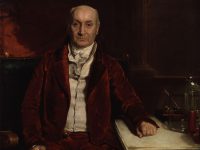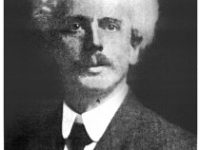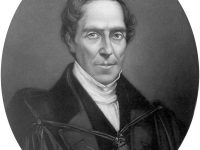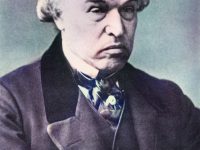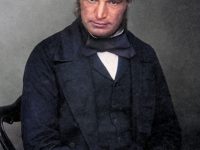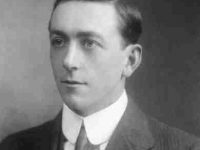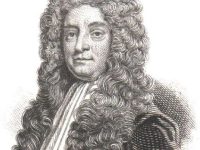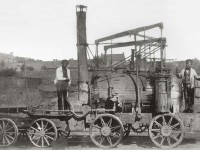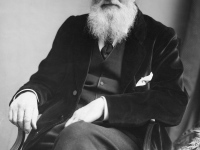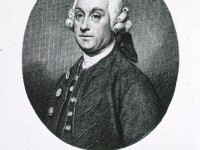James Sadler – the First English Aeronaut
On February 27, 1753, English chemist, pastry chef, and aviation pioneer James Sadler was born. He is best known for being the first English aeronaut, whose first successful ascent was on 4 Oct 1784, in a hot-air balloon, from Christ Church Meadow, Oxford. England’s first Balloonists Sadler worked as a pastry chef in the family business, The Lemon Hall Refreshment House, a small shop in Oxford. He was the second known person in…
Read more

